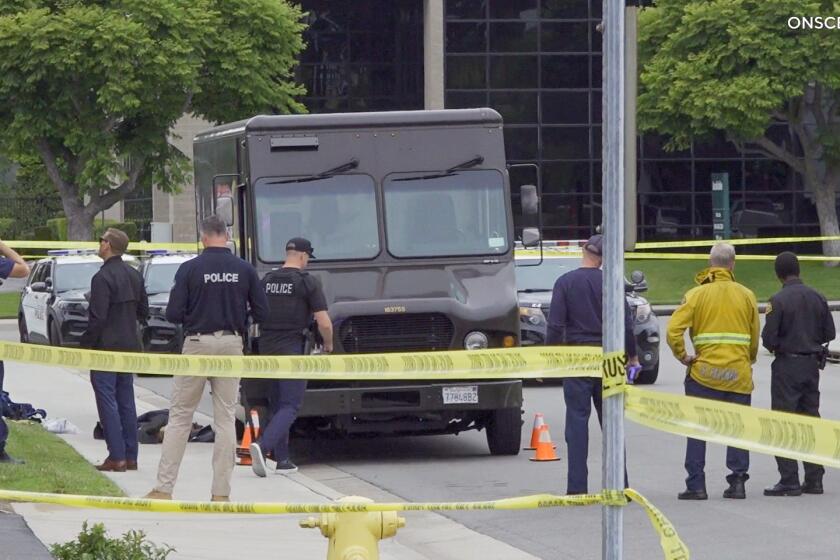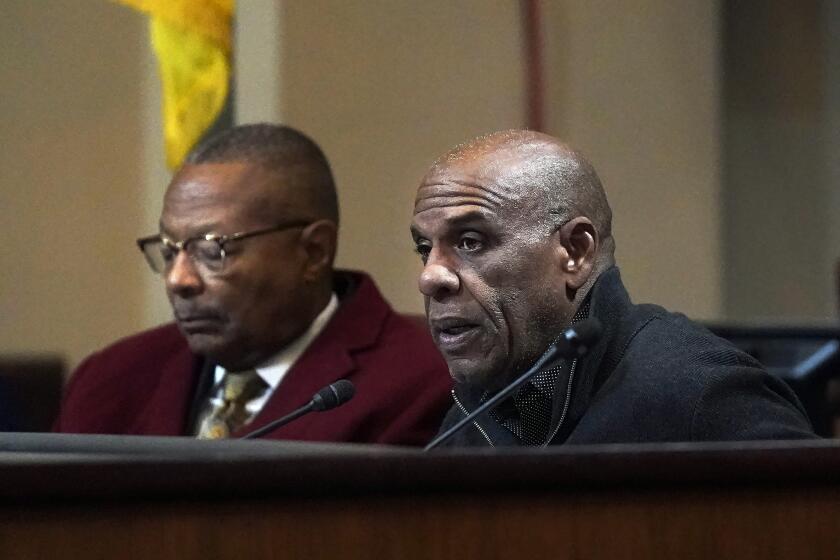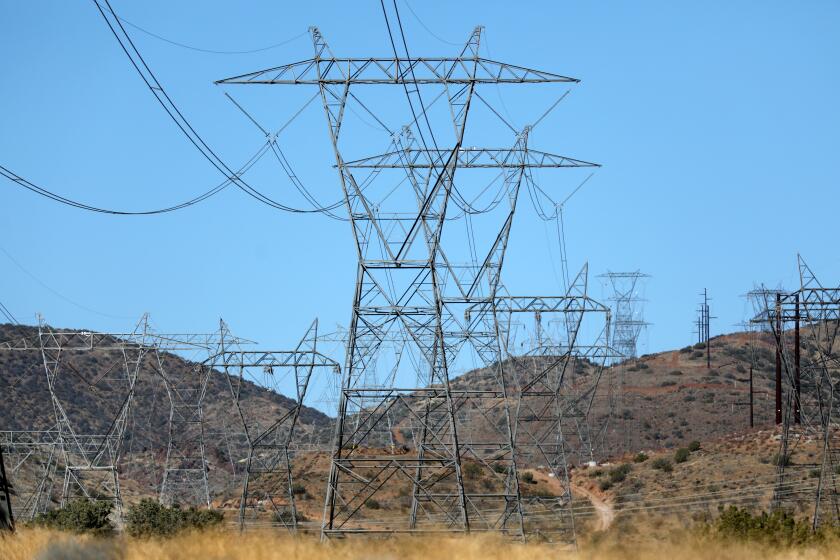Blacks Would Pay a Price for Secession
The decision to deny LAPD Chief Bernard C. Parks a second term revealed once again a city deeply divided along racial lines. For example, the political fallout from the fight over Parks, and more generally from the continuing racial chasm in Los Angeles, is surfacing in the bitter fight over secession. It also sure to affect the battle over the selection of Parks’ replacement and future races for the City Council and mayor.
At first glance, the decision about Parks would seem to have little to do with the likely vote in November as to whether the San Fernando Valley, and perhaps other areas, will secede. But the fight over Parks could greatly affect, if not ultimately decide, Valley secession.
The African American community in Los Angeles resides almost entirely in the area that would remain in Los Angeles if secession occurs. Some African American leaders have suggested that blacks might be better off politically being a larger percentage of a smaller city. Losing the fight over Parks’ reappointment may be perceived as a reflection of dwindling African American political influence and thus generate black support for secession.
The irony is that part of the impetus for secession has come from some whites in the San Fernando Valley who would prefer to be in a new city in which whites are a majority.
Under state law, secession must be approved both by a majority of those voting in the area that is seeking to become a separate city and also by a majority of all voting in the entire city. Strong African American support for secession could tip the balance in the latter vote in favor of breaking up Los Angeles.
But secession would come at a high price for the African American community. Supporters of Valley secession repeatedly claim that the Valley pays more in taxes than it receives in city services. If so, then losing this tax base obviously would hurt the rest of Los Angeles. The result likely would mean less revenues for the city and therefore less government services.
Moreover, a smaller Los Angeles might be much worse off in competing for funds from Washington and Sacramento. The African American communities in Los Angeles long have received less than their fair share of city services; they could end up with even less if secession is approved.
If the defeat of Parks for a second term increases the likelihood of Valley secession, then Mayor James Hahn’s opposition to Parks could be his political undoing. Hahn was elected last June by a coalition primarily consisting of African American voters and those in the West Valley. Hahn, who received 82% of the black vote, has greatly angered this core constituency. Without substantial black support and without the Valley vote, it is almost impossible to see Hahn being reelected.
Underneath the surface of all of this is a growing divide between the African American and Latino communities in Los Angeles. For example, there were sharp disagreements along racial lines in the commissions considering new election districts for both the City Council and the Los Angeles Unified School District. Secession probably would lessen the political power of the Latino community, which would be split between the East Valley in the new city and East Los Angeles.
All this creates a complicated and troubling political and racial picture. This must be dealt with, not ignored. First, those opposing secession need to make a compelling case that the African American community would be hurt if the city broke apart.
The supporters of secession offer an idealized vision of a smaller, more responsive city. Foes of secession need better answers and need to emphasize the great uncertainty over the costs of secession, especially in the provision of government services.
Great care also must be taken so that the search for a new police chief not become a racial battle ground. The Police Commission needs to articulate clear criteria for evaluating candidates and needs to be sure that all communities have input in the selection process.
Finally, efforts must be made to heal the wounds caused by the bitter fight over Parks’ reappointment and the growing division between African Americans and Latinos. There are not easy solutions, but ignoring these problems won’t make them go away.
More to Read
Start your day right
Sign up for Essential California for news, features and recommendations from the L.A. Times and beyond in your inbox six days a week.
You may occasionally receive promotional content from the Los Angeles Times.






